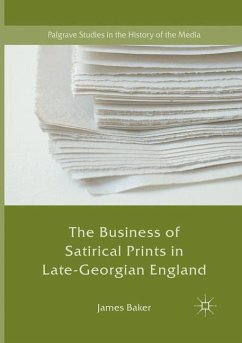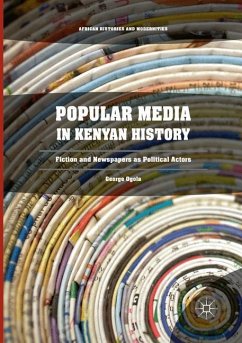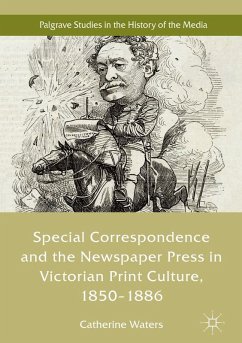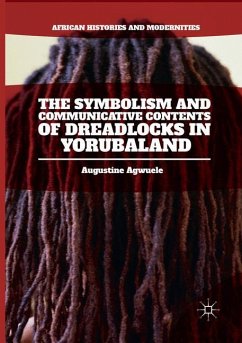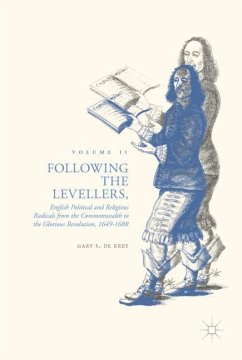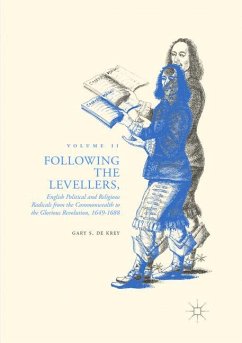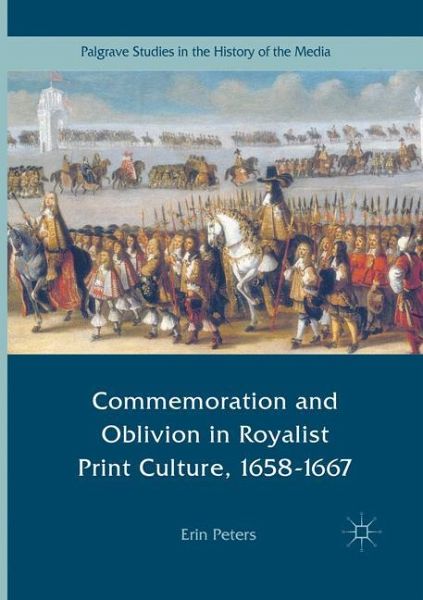
Commemoration and Oblivion in Royalist Print Culture, 1658-1667
Versandkostenfrei!
Versandfertig in 6-10 Tagen
65,99 €
inkl. MwSt.
Weitere Ausgaben:

PAYBACK Punkte
33 °P sammeln!
This book explores the measures taken by the newly re-installed monarchy and its supporters to address the drastic events of the previous two decades. Profoundly preoccupied with - and, indeed, anxious about - the uses and representations of the nation's recent troubled past, the returning royalist regime heavily relied upon the dissemination, in popular print, of prescribed varieties of remembering and forgetting in order to actively shape the manner in which the Civil Wars, the Regicide, and the Interregnum were to be embedded in the nation's collective memory. This study rests on a broad fo...
This book explores the measures taken by the newly re-installed monarchy and its supporters to address the drastic events of the previous two decades. Profoundly preoccupied with - and, indeed, anxious about - the uses and representations of the nation's recent troubled past, the returning royalist regime heavily relied upon the dissemination, in popular print, of prescribed varieties of remembering and forgetting in order to actively shape the manner in which the Civil Wars, the Regicide, and the Interregnum were to be embedded in the nation's collective memory.
This study rests on a broad foundation of documentary evidence drawn from hundreds of widely distributed and affordable pamphlets and broadsheets that were intended to shape popular memories, and interpretations, of recent events. It thus makes a substantial original contribution to the fields of early modern memory studies and the history of the English Civil Wars and early Restoration.
This study rests on a broad foundation of documentary evidence drawn from hundreds of widely distributed and affordable pamphlets and broadsheets that were intended to shape popular memories, and interpretations, of recent events. It thus makes a substantial original contribution to the fields of early modern memory studies and the history of the English Civil Wars and early Restoration.



